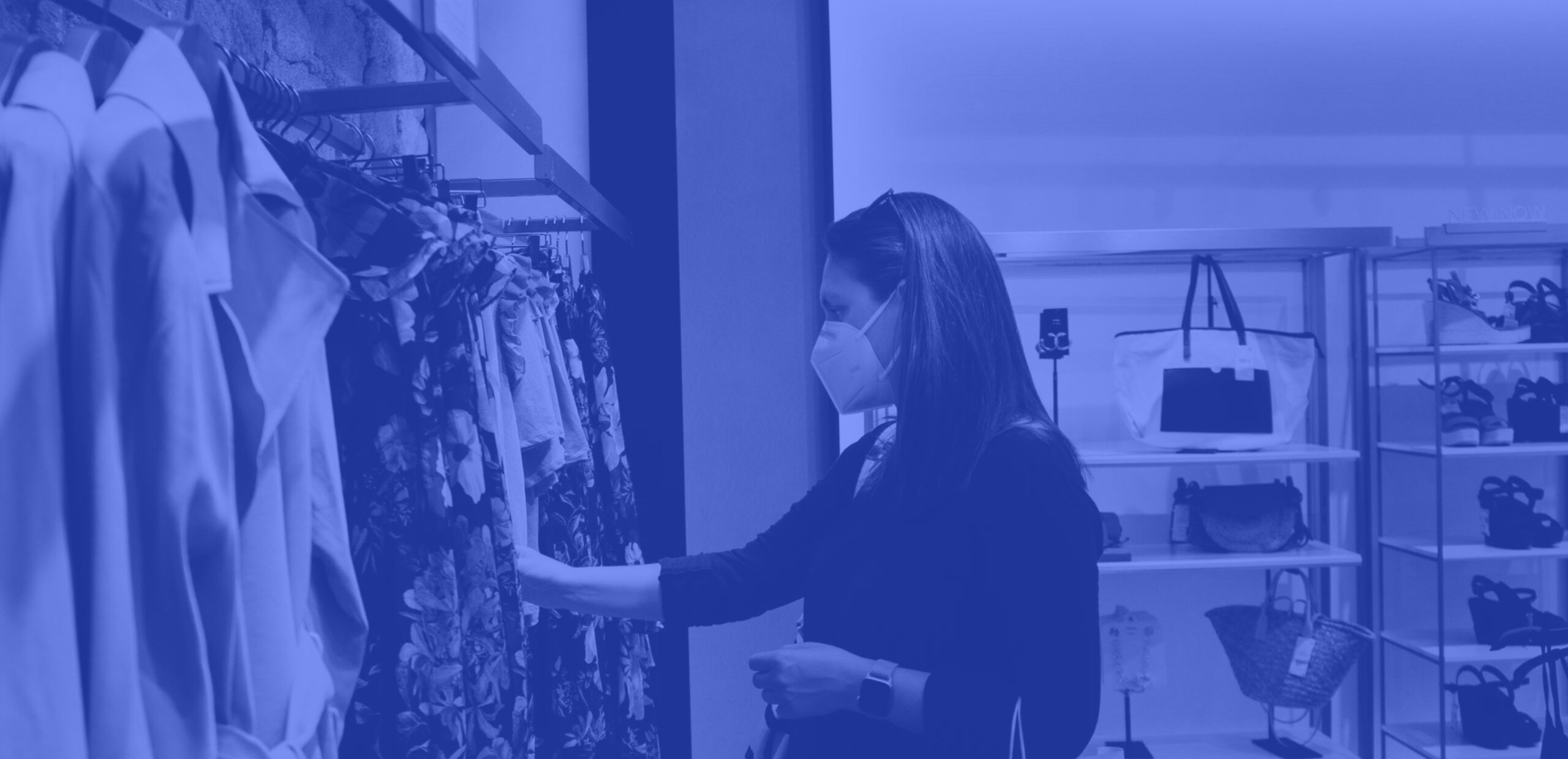Being a Values-Driven Brand Benefits the Bottom Line

How do people really see your brand, and is it making an impact on your business?
Times are changing and brands are now expected to not only make quality products, but also make a positive change in the world. Brands that align themselves with positivity and a set of values portrayed to make the world a better place fare better than those who don’t stand for anything. The question is, how do people really see your brand, and is it making an impact on your business?
Highlights
- We surveyed 1091 people about their shopping habits and what drives their purchase decisions to see if a brand’s values are important to customers.
- 72% of respondents are more likely to shop at a store that gave their employees extra pay during Covid-19.
- 71% of respondents are more likely to shop at a store that pays $16 minimum wage compared to a $12 minimum wage.
- Price and availability are still the leading driving factors for most purchase decisions, but how a retailer treats its employees is quickly rising as a deciding factor on where people shop — regardless of the consumer’s age.
Results
When asked what factors are important when deciding where to shop, 27% of respondents said it was due to a retailer having the lowest prices, 22% said selection, availability and good customer service were a factor, 17% said that treating and paying employees well was an important consideration, and only 12% said that shipping/delivery/pickup options were important factors.

When asked about the single most important factor, 51% of respondents said it was due to a retailer having the lowest prices, 18% said it was selection and availability, 12% said it was good customer service, 12% said that it was treating and paying employees well, and only 8% said that the most important factor was shipping/delivery/pickup options.

When asked if respondents would be more willing to shop with a brand that paid its employees a $16 minimum wage compared to a $12 one, an overwhelming 71% said yes. Males were 8% more likely to shop with a brand who paid a higher minimum wage than were females, and 4% more likely than non-binary respondents. Surprisingly, age played a role in this as well. 83% of the 41-55 age group were more in support of brands paying a higher minimum wage, followed by 71% of the 55+ group, 67% of both the 25-40 and under 18 age groups, with 18-24 year olds at 63%.



When asked if respondents would be more likely to shop with a brand that paid its employees extra during Covid-19, 72% said yes. When broken down by gender, 76% of men were said they were more likely to shop with a brand that paid its employees extra during Covid-19, compared to 67% of women and 70% of non-binary respondents. When broken down by age, the 41-54 age range led at 77%, compared to 74% of those ages 55+, and 70% of those ages 25-40.



We decided to take a look at all of the 72% of respondents who said they would be more willing to shop at a brand that paid its employees extra during Covid-19. Not surprisingly, when compared across the board to all ages, the under 18 and 18-24 age groups were the largest proportions of all age groups surveyed.

36% of all respondents were under 18 years of age, with 10% to 22% in each of the other age groups, which goes to show that how brands are making a social impact is a concept most important to Gen Z, followed by Millennials.

47% of respondents identified as female, with 37% identifying as male and 17% identifying as non-binary.

The Process
Between March 8th – March 30th, 2021, Invisibly used it’s Realtime Research tool to poll 1091 Americans on their shopping habits and to see if these habits are influenced by what a brand stands for and how they treat their employees.
We Asked
- Which of the following do you consider when picking where to shop?
- Which is the most important factor when considering where to shop?
- Would you be more willing to shop at a store that paid its employees a $16 minimum wage vs a $12 minimum wage if everything else were the same?
- Would you be more willing to shop at a store that gave their employees extra pay during the COVID crisis last year?
- What is your age?
- How would you describe your gender?
- Which category best describes you?

Discussion
It’s clear from this poll that people value brands that value people. While the single most important driving factor will likely always be price, especially in a hard hit economy still recovering from the effects of Covid-19, more and more shoppers are aligning their dollars with their personal ethos on life, and are supporting brands that help make this world a better, happier place. This is particularly true for younger shoppers in the Gen Z and Millennial age groups, although we see this interest across all age groups.
Jesse Wolfersberger, CEO of Vrity says, “Being an altruistic brand is no longer just the morally responsible thing to do, it’s also the financially responsible thing to do. This research once again shows that consumers will go out of their way to support the brands that are making the world a better place.”
What was somewhat surprising is that these results persisted across age groups, rather than over indexing in younger generations. “You can’t simply write this phenomenon off as a Gen Z trend. We are seeing consumers in every age and demographic category voting with their wallet for values-driven brands. We’re in the values economy now,” said Wolfersberger.
In order to be competitive in this evolving landscape, brands have to make it known to their customers that they are making an impact in the world and making it better. It’s extremely important for brands to portray a positive image, and to differentiate themselves from competitors based on their values and ethos.
Consumers are showing they have long memories and will give a brand extra consideration if they treated their employees well during the pandemic. “If you are a brand that went above and beyond for your employees in 2020, you should consider making that success a part of your marketing plans in 2021,” Wolfersberger said.
Invisibly Realtime Research surveys differ from traditional online surveys in that the questions are shown to the user on web pages in place of an ad. Unlike Google Surveys, which block access to content until the questions are answered, Realtime Research surveys are optional, thus ensuring that participants are responding voluntarily.

